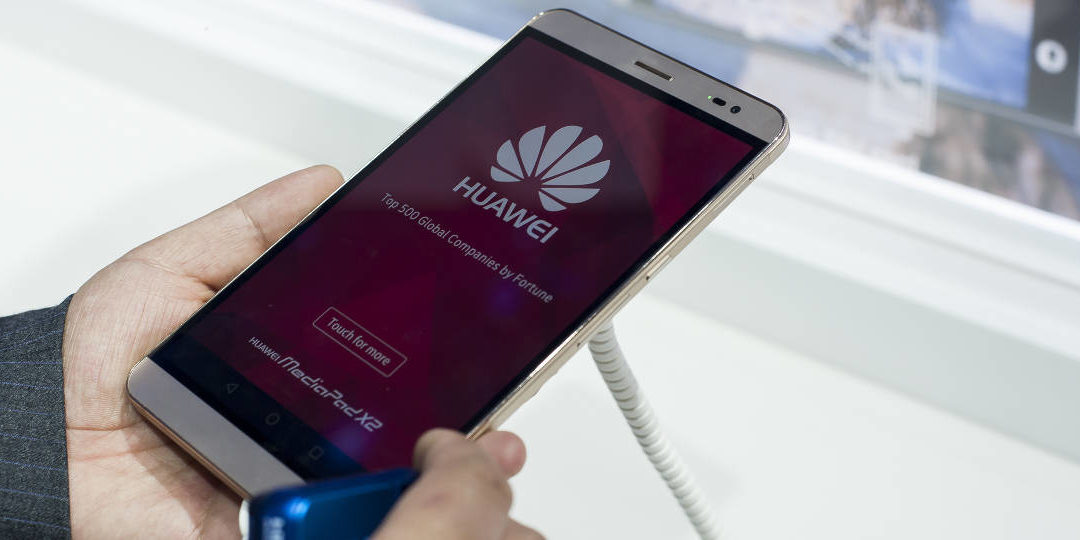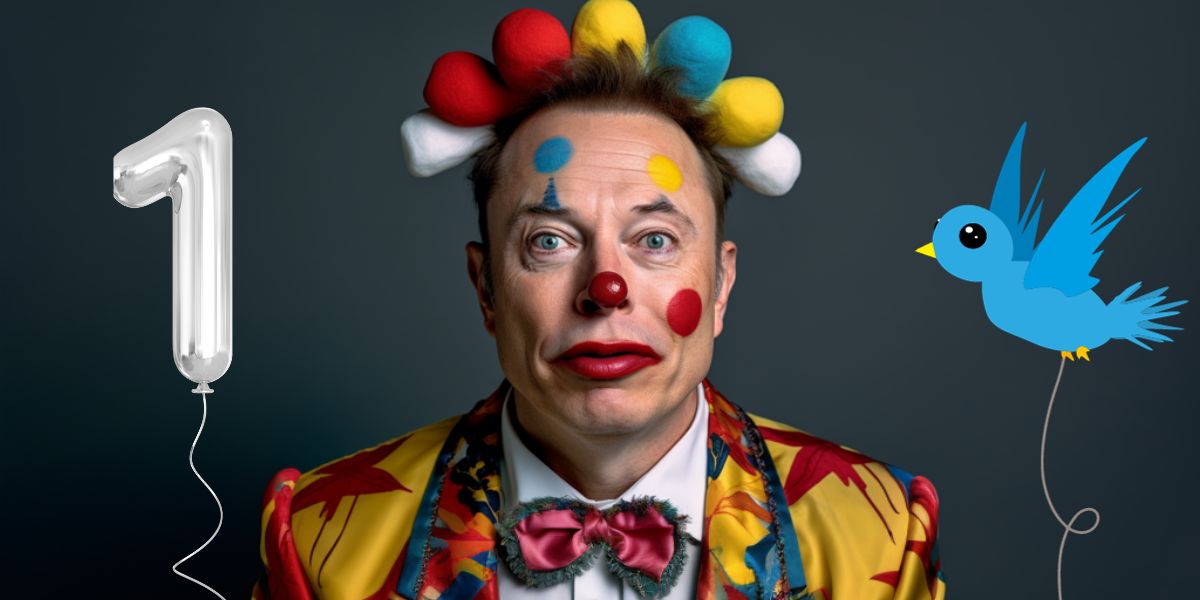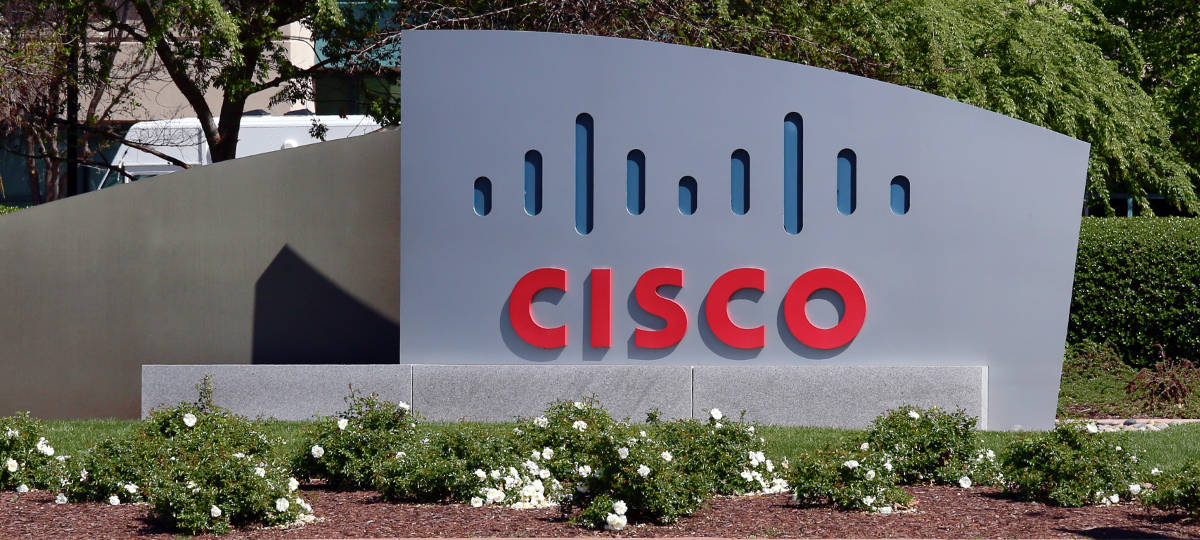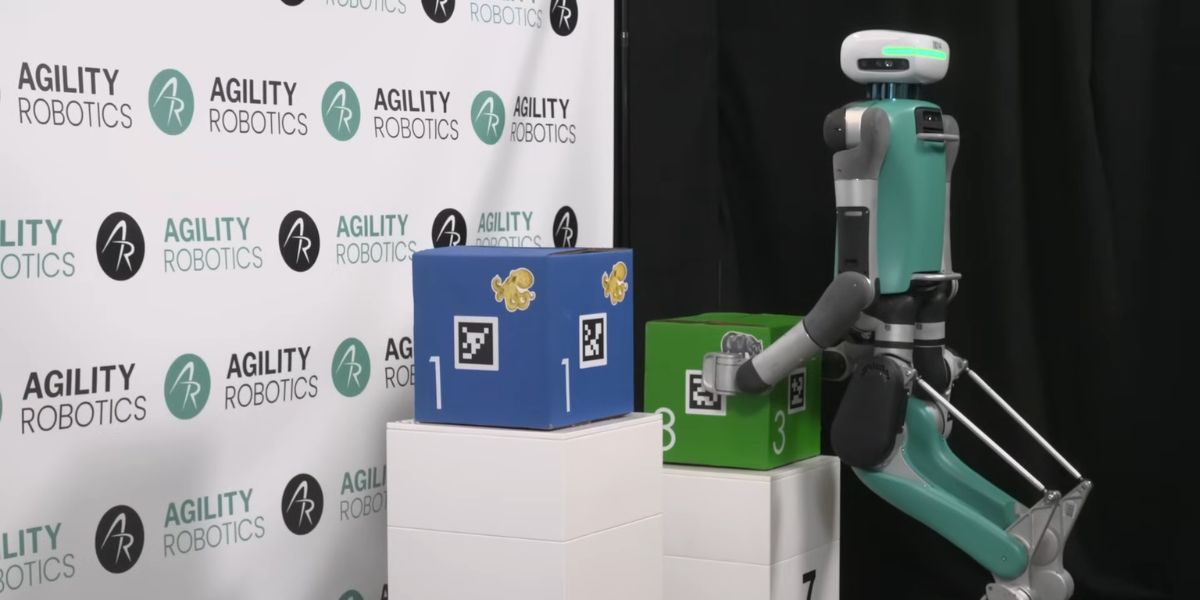Over the last year Huawei has had an impressive 50% sales growth compared to 27% by Apple, while it has also seen tablet sales rise by nearly 75 per cent.
Samsung’s global mobile phone market share is 25%, but that has been falling, while Apple has 11% followed by Huawei at 7% in third, but it is catching up.
This has been due to a cultural shift made by the company towards, what the CEO described last year in its European conference in Zurich, as a new way of thinking. No longer is Huawei a telecoms network ‘pipe’, delivering in the main broadband. It sees itself as a digital business focused on customer service.
This has meant a stronger focus on its customer experience management strategy and a big investment in marketing, a Western very customer-focused approach. It is not just about the product, the Chinese company is an excellent seller.
In a crowded, price-sensitive android market this matters greatly, where mobile choice and brand awareness are critical. Huawei is a prime example of a modern commercial company mindset emerging from Chinese industries. It is engaging with customers in the local markets directly, hence its successful sponsorship in sport, with deals with football clubs like Arsenal, Paris Saint-Germain and AC Milan to differentiate itself.
The mobile market is so competitive, success is looking after the customer, and Huawei is managing to do that and is reaching the android buyers. It realises that in the digital economy understanding and talking to the customer first is critical and it follows this up with very strong customer service.
The question is how competitors and existing players need to respond and engage the consumer mobile market that is now all about customer service and no longer just about the product.
By Mark Skilton, Professor of Practice in the Information Systems & Management Group, Warwick Business School















